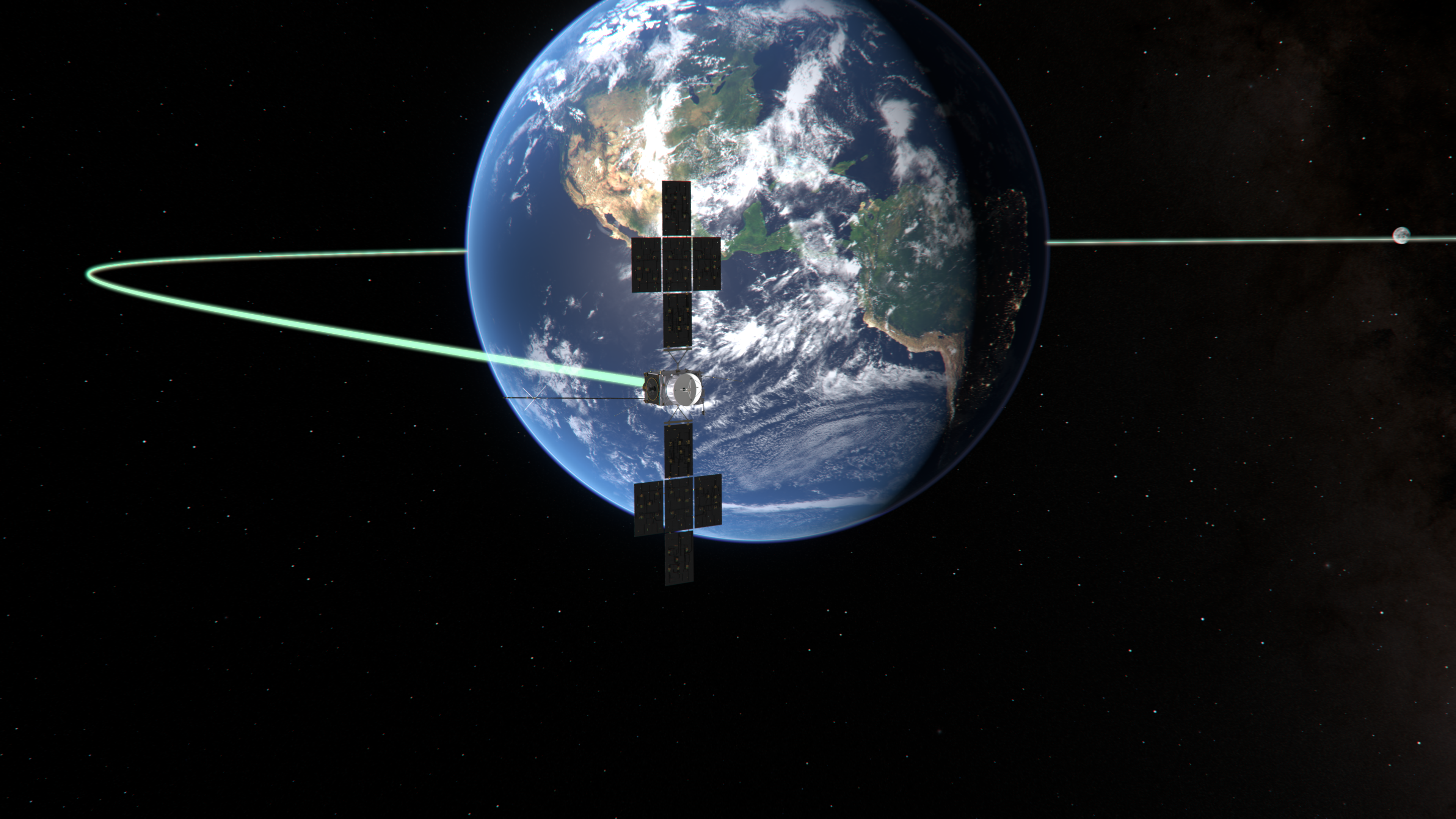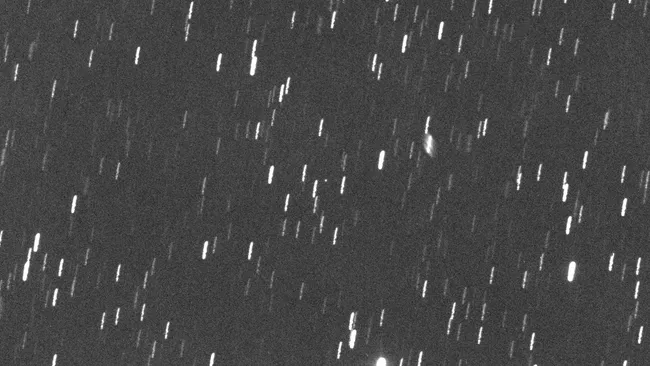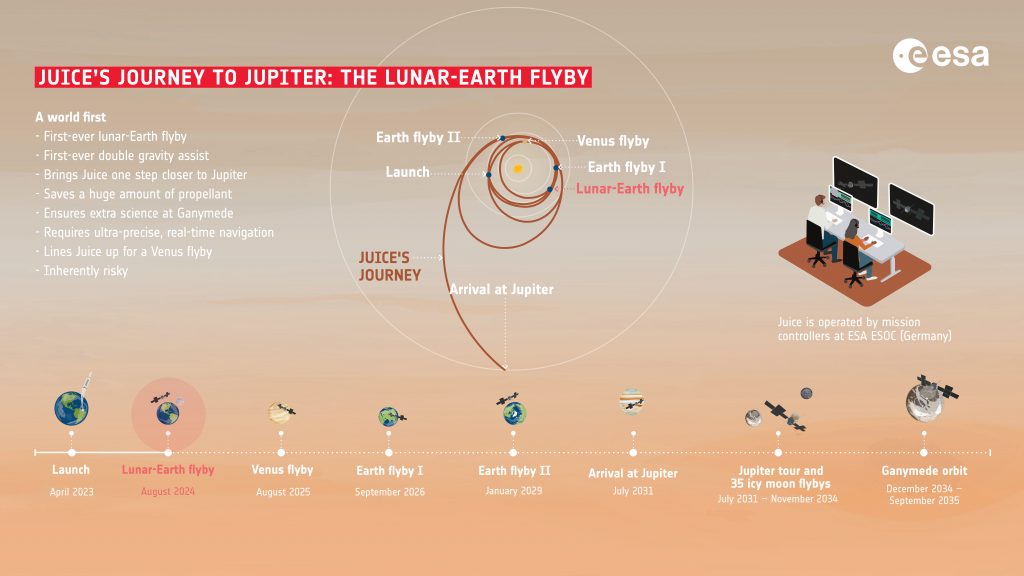
- Aerospace
Categories:
Gravitational assists, also known as flybys, are a crucial technique in space exploration that enables spacecraft to conserve fuel and gain speed by using the gravity of nearby planets or moons.
This method was popularised by missions such as the Voyager spacecrafts in the 1970s, which took advantage of a rare planetary alignment to explore multiple planets within the solar system —and even venture beyond!— without requiring excessive fuel.
The basic principle involves a spacecraft approaching a celestial body and entering its gravitational field. This body then exerts a force on the spacecraft, altering its trajectory and speed. Depending on the direction of approach and departure, the spacecraft can gain or lose speed relative to the Sun. This additional boost allows spacecraft to reach more distant destinations or modify their orbits without the need to fire their engines, significantly reducing fuel consumption.

Orbital boosts have been essential for long-range missions and have become a vital tool in planning explorations to the far reaches of the solar system and beyond.
Just recently, between the 19th and 20th August 2024, we witnessed the JUICE spacecraft, in route to Jupiter and its icy moons, perform a historic flyby. For the first time, it utilised the gravity of both the Moon and Earth to adjust its orbital trajectory.
The spacecraft is now heading towards Venus, where it will arrive in August 2025 to slingshot back towards Earth, receiving two more boosts in 2026 and 2029 before its final approach to Jupiter in July 2031.

Once there, the JUICE (JUpiter ICy moons Explorer) mission will focus on studying Jupiter’s icy moons —Ganymede, Europa, and Callisto— in detail. These moons may harbour subsurface oceans and potentially even life.
Sener has played a crucial role in this mission by developing several key systems onboard the spacecraft. This includes the provision of the antenna deployment system and scientific instrument booms, which are essential for communication with Earth and data collection during the exploration of Jupiter’s moons.
These components are fundamental to the mission’s success, as they will enable JUICE to transmit valuable images and data about the moons’ structure and composition, providing new insights into potentially habitable environments within our solar system.
Sener’s contribution highlights the vital role of the Spanish aerospace industry in advanced space exploration and underscores the importance of international collaborations in the quest for knowledge beyond our planet.

 About us
About us
